When it comes to the dietary needs of horses, the question of what is safe and beneficial for them is crucial. Among the various queries that horse owners often ponder, one stands out: Can horses eat pumpkin? This question is not just about adding variety to their diet, but also about understanding the nutritional value and potential risks associated with different foods. Horses, as majestic and strong as they appear, have specific dietary requirements that ensure their health and well-being.
The importance of a balanced equine diet cannot be overstated. Every element of what a horse consumes plays a pivotal role in its overall health, energy levels, and even its behavior. Thus, introducing new foods, such as pumpkin, into their diet must be approached with both curiosity and caution. In this article, we delve deep into the topic of feeding pumpkins to horses, examining both the benefits and the potential drawbacks. Our aim is not only to answer the immediate question at hand but also to provide horse owners with a comprehensive understanding of equine nutrition. By doing so, we ensure that each decision made in regards to their horse's diet is informed, safe, and beneficial for the majestic creature's long-term health.
Chapter 1: Nutritional Value of Pumpkin for Horses
When considering the dietary needs of horses, one question that often emerges is, "Can horses safely consume pumpkin?" To address this query, it's essential to delve into the nutritional components of pumpkin and understand how they can benefit equine health.
Firstly, pumpkins are rich in fiber. This is crucial for a horse's digestive system, aiding in smooth bowel movements and preventing issues like colic, which can be life-threatening for horses. The high fiber content also promotes a feeling of fullness, beneficial for weight management in horses prone to obesity.
Vitamins and minerals are abundant in pumpkins. They are particularly high in Vitamin A, essential for maintaining good vision, healthy skin, and proper immune function in horses. Moreover, pumpkins contain Vitamin C, a known antioxidant that supports the immune system, and Vitamin E, which plays a role in muscle health and recovery.
Pumpkins also offer a good supply of potassium, necessary for proper muscle and nerve function. This mineral helps in balancing electrolytes, especially vital for horses that engage in regular intense exercise. Additionally, the presence of beta-carotene in pumpkins, a precursor of Vitamin A, further supports vision health and overall immune function.
The low sugar and fat content in pumpkins is a significant advantage. While horses require a certain amount of sugar and fat in their diets, excess can lead to issues like laminitis, a painful condition affecting the hooves. Therefore, pumpkin can be a safe treat, especially for horses with metabolic concerns.
However, it's important to remember that while pumpkins offer these benefits, they should only be a small part of a horse's diet. The primary diet should still be based on forage, like hay and grass, as it matches the natural feeding patterns and nutritional needs of horses.
Chapter 2: Safe Pumpkin Feeding Practices
Introducing pumpkin into a horse's diet can be a nutritious and enjoyable treat for your equine friend. However, it's crucial to do it safely and responsibly. Here, we'll explore the correct methods to feed pumpkin to horses, including portion sizes and feeding frequency.
Introducing Pumpkin: Begin with small amounts. Even though pumpkins are generally safe for horses, every animal has its own unique digestive system. Start by offering a small slice of pumpkin and observe your horse's reaction over the next 24 hours. Look for any signs of digestive upset or changes in behavior. If your horse tolerates the pumpkin well, you can gradually increase the amount.
Portion Size Matters: The key is moderation. As a rule of thumb, treats (including pumpkin) should not exceed 10% of a horse's total daily feed intake. For an average-sized horse, this would be about a few slices of pumpkin. It's essential to ensure that the bulk of their diet remains consistent, primarily comprising quality hay and horse feed.
Pumpkin Preparation: Before feeding pumpkin to your horse, remove the seeds and the hard outer shell. The seeds can be a choking hazard and may contain compounds that aren't ideal for horses in large quantities. The flesh of the pumpkin should be fresh and free of mold or rot.
Frequency of Feeding: Pumpkin should be fed as a treat, not a staple of their diet. Incorporating it once or twice a week is a good frequency. This treats your horse without disrupting their regular dietary routine.
Age and Health Considerations: Be particularly cautious with young, old, or health-compromised horses. Their digestive systems are more sensitive, and they may not tolerate dietary changes as well as healthy adult horses.
Alternate Treats: Variety is not only the spice of life for humans but for horses as well. Alternating pumpkin with other safe treats like apples or carrots can keep your horse's diet interesting and enjoyable for them.
Monitoring Your Horse: Always observe your horse after introducing any new treat. Signs of colic, changes in stool, or any unusual behavior should prompt you to remove the new treat from their diet and consult your veterinarian.
Also read: Can Horses Eat Grapes? Understanding the Benefits and Risks
Chapter 3: Potential Health Risks and Precautions
When considering feeding pumpkin to horses, it's crucial to be aware of potential health risks and necessary precautions. While pumpkin can be a healthy snack, it's not without its risks.
Gastrointestinal Issues: One of the primary concerns is gastrointestinal distress. Horses have sensitive digestive systems, and introducing pumpkin, especially in large quantities, can lead to colic, diarrhea, or constipation. These conditions can be severe and require veterinary attention.
Choking Hazard: The texture and size of pumpkin pieces can pose a choking hazard. It's important to cut the pumpkin into small, manageable pieces to prevent choking and ensure easier digestion.
Pumpkin Seeds and Skin: The seeds and skin of the pumpkin can be hard for horses to digest. It’s advisable to remove seeds and skin to prevent any digestive discomfort or intestinal blockage.
Sugar Content: Although pumpkin is relatively low in sugar compared to other fruits, it still contains sugar. For horses with metabolic issues like insulin resistance or laminitis, even the small amount of sugar in pumpkin can be problematic. It’s important to consult with a veterinarian before adding pumpkin to the diet of horses with these conditions.
Pesticides and Chemicals: Pumpkins bought from stores may have been treated with pesticides or other chemicals. These can be harmful to horses, so it's essential to thoroughly wash the pumpkin or, ideally, use organic pumpkins.
Introducing Pumpkin to a Horse’s Diet: When introducing any new food, including pumpkin, it should be done gradually. Start with small amounts to see how your horse reacts. This gradual introduction helps their digestive system adjust and can prevent potential health issues.
Veterinary Advice: Before making any significant changes to your horse’s diet, it’s always a good practice to consult with a veterinarian. They can provide personalized advice based on your horse's health, age, and dietary needs.
Chapter 4: Pumpkin Alternatives and Complementary Foods
When it comes to the dietary needs of horses, variety is key. While pumpkins can be a healthy treat, it's crucial to integrate a range of fruits and vegetables that cater to the nutritional needs of these magnificent animals. In this chapter, we'll explore safe and nutritious alternatives to pumpkin, and how to weave them into a balanced diet for your horse.
Apples and Carrots: A Staple in Equine Diets
Often considered the quintessential horse treats, apples and carrots are not only loved by horses but are also packed with nutrients. Apples are a good source of vitamins A and C, while carrots are rich in beta-carotene, which converts to vitamin A in the body. However, moderation is crucial; these should be given as treats and not make up the bulk of the diet.
Beet Pulp: A Fibre-Rich Option
Beet pulp, a byproduct of sugar beet processing, is a great source of digestible fiber. It's especially beneficial for older horses with chewing difficulties or those needing a low-starch diet. Soak the beet pulp in water before feeding to prevent choking hazards.
Leafy Greens: Nutrient Powerhouses
Leafy greens like kale, lettuce, and spinach are excellent sources of vitamins and minerals. They're particularly rich in vitamin K and iron, vital for maintaining healthy blood and bone strength. As with other treats, these should be introduced gradually and fed in moderation to avoid digestive upset.
Herbs: For Variety and Health
Incorporating herbs like mint, parsley, or oregano can add variety to your horse's diet. These herbs not only provide a unique flavor but also come with health benefits. For instance, mint can aid digestion, and parsley is a great source of nutrients like vitamin C and iron.
Creating a Balanced Diet
A balanced diet for a horse should primarily consist of good quality forage like hay or grass. Treats, including fruits, vegetables, and herbs, should only complement this diet. It's essential to consult with a vet or an equine nutritionist to tailor a diet that suits your horse's specific age, weight, and activity level.
The Importance of Water
Never forget the importance of clean, fresh water. It's vital for digestion and overall health. Make sure your horse has continuous access to water, especially when introducing new foods into their diet.
Also read: What is a Gaited Horse?
Chapter 5: Case Studies and Expert Opinions
Real-Life Examples of Horses Eating Pumpkin
In the rolling hills of Kentucky, a horse farm introduces pumpkins as a seasonal treat. The horses, ranging from spirited Thoroughbreds to gentle Clydesdales, show an intriguing interest in this new addition. Farm owner, Emily Johnson, shares her experience: "We started mixing small chunks of pumpkin into their feed. Surprisingly, every horse had its own way of reacting – some nibbled cautiously, while others seemed to relish the new flavor."
In another instance, a rescue center for horses in Colorado experimented with pumpkins during rehabilitation feeding. Dr. Lisa Harper, a veterinarian specializing in equine nutrition, observed, "Pumpkins can be a low-sugar treat for horses recovering from malnutrition. However, we monitor closely to ensure it's well-tolerated, especially for those with sensitive digestive systems."
Quotes from Veterinarians and Equine Nutritionists
"Pumpkin is safe for horses in moderation," states Dr. Harper. She emphasizes the importance of introducing any new food slowly into a horse's diet to prevent digestive upset. "Pumpkin offers vitamins like A and E, which are beneficial for horse health, but it should never replace the core components of their diet," she adds.
Renowned equine nutritionist, Dr. Mark Anderson, echoes this sentiment: "While pumpkin can be a healthy occasional treat, it's crucial to balance it with adequate hay, grains, and regular forage." He further advises, "Always remove the seeds and stem, as they can pose a choking hazard or cause intestinal blockage."
A study conducted by Oregon State University's Equine Science Department found that horses fed with a small amount of pumpkin showed no adverse health effects. However, the study also highlighted the need for moderation and supervision. "Our research indicates that while horses can enjoy pumpkin, it should be given as a treat, not a staple," concludes Dr. Anderson.
These case studies and expert opinions clearly suggest that pumpkins can be a delightful treat for horses when given appropriately. It's vital for horse owners to remember that moderation is key and to always consult with a veterinarian before making significant changes to their horse's diet.

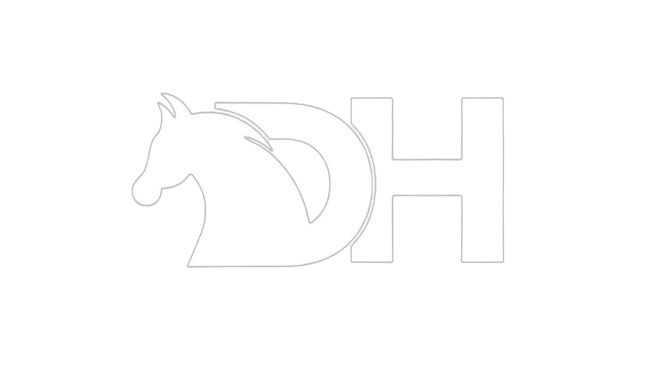



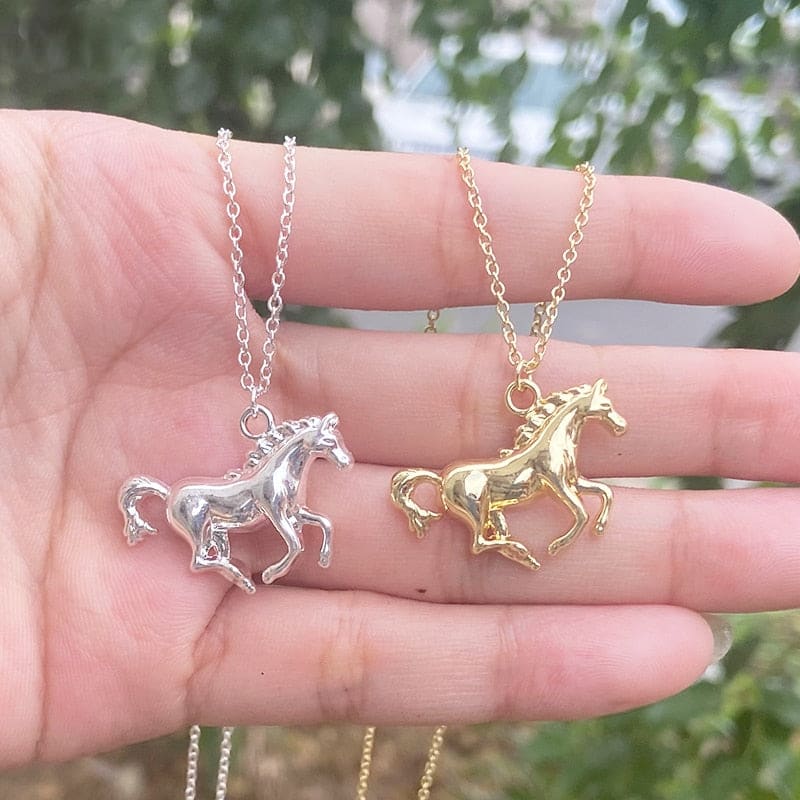
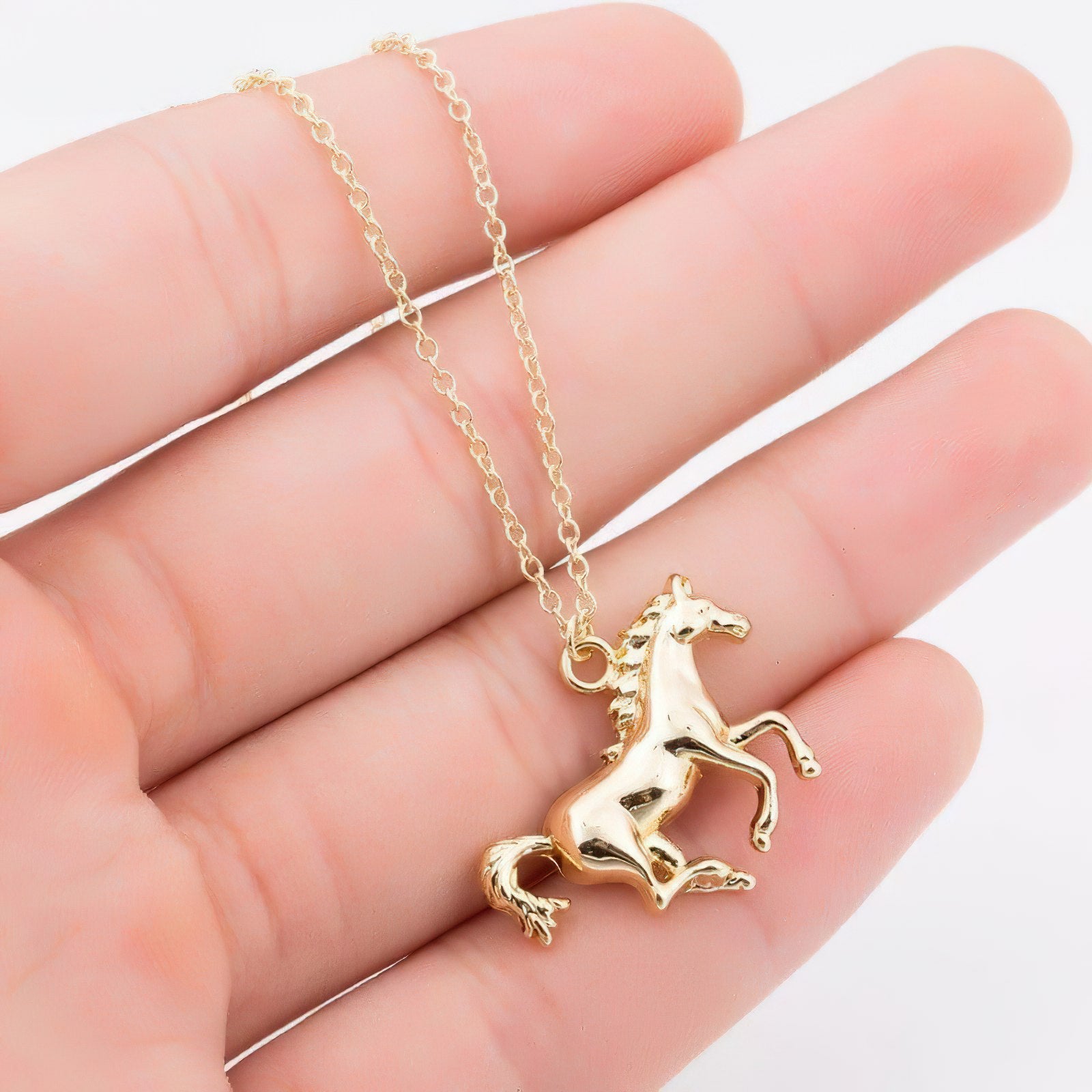
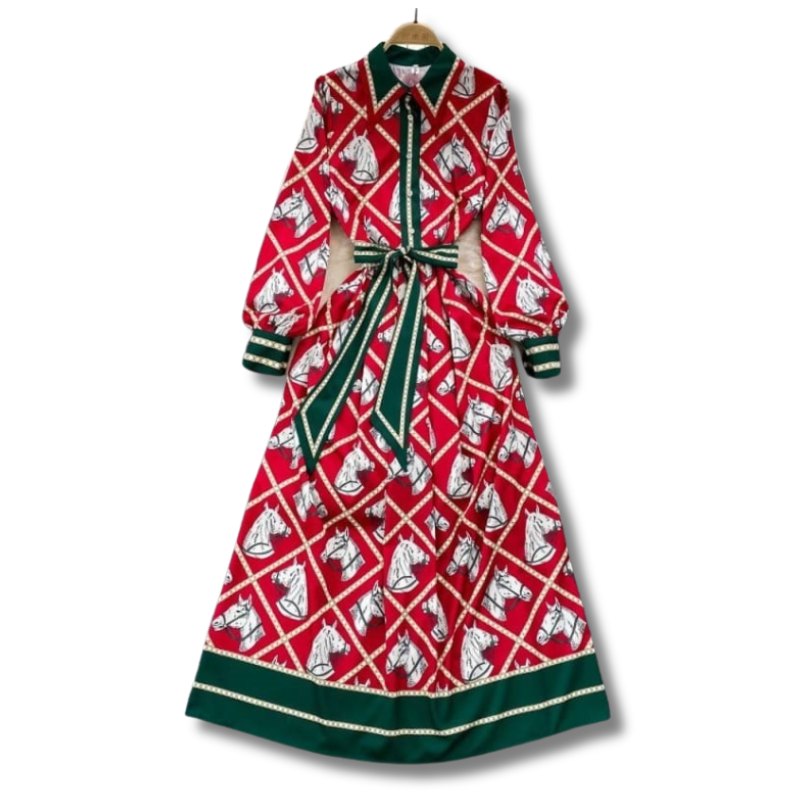
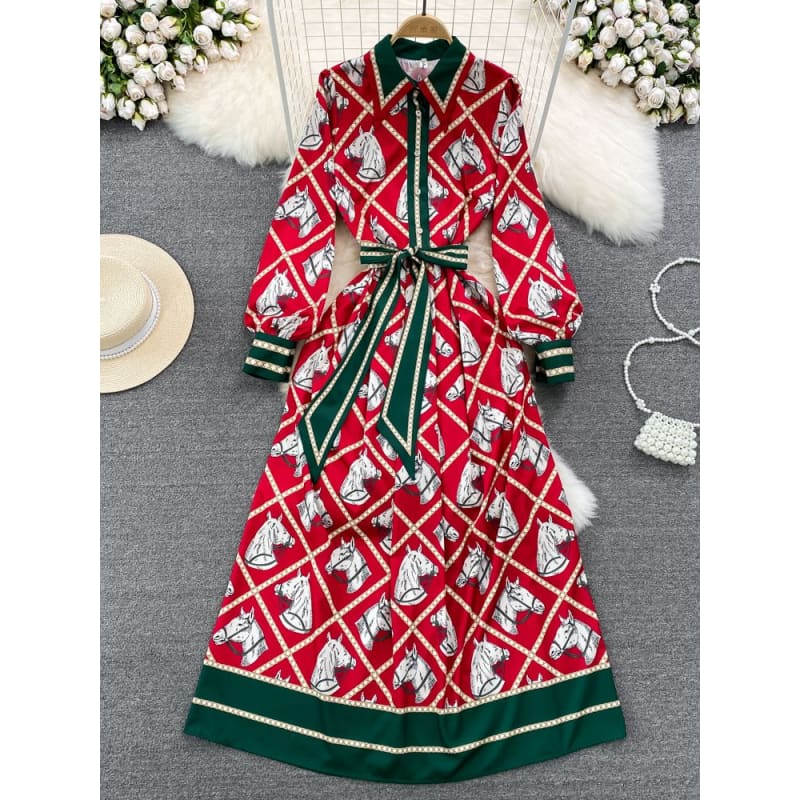
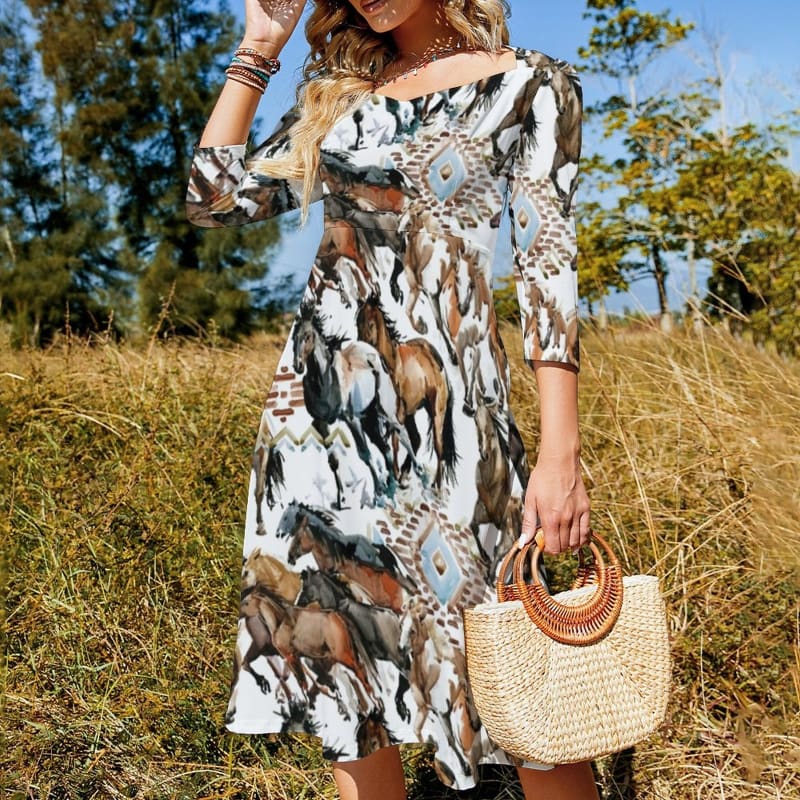
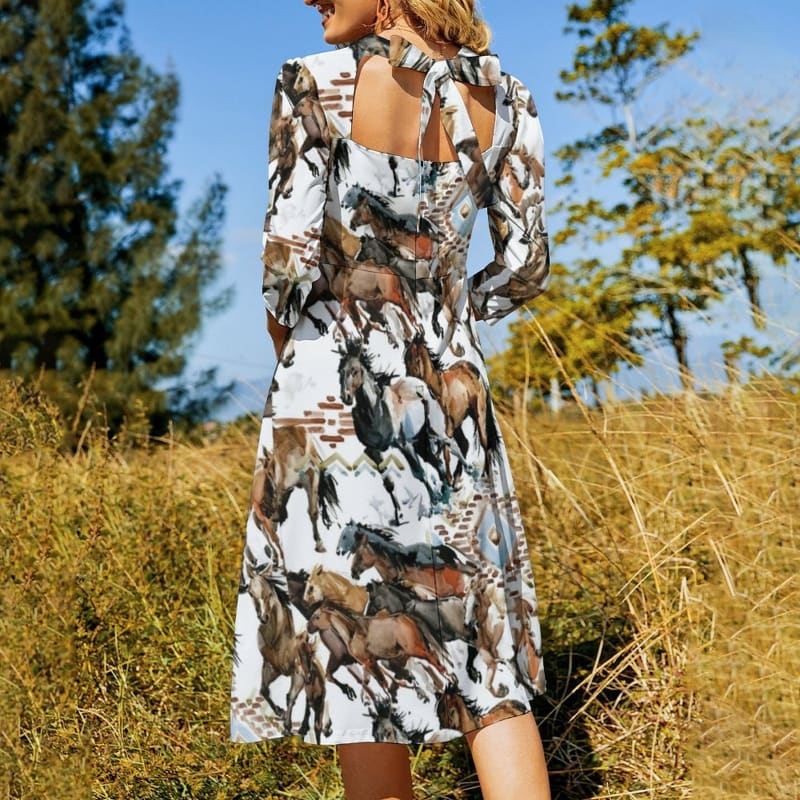






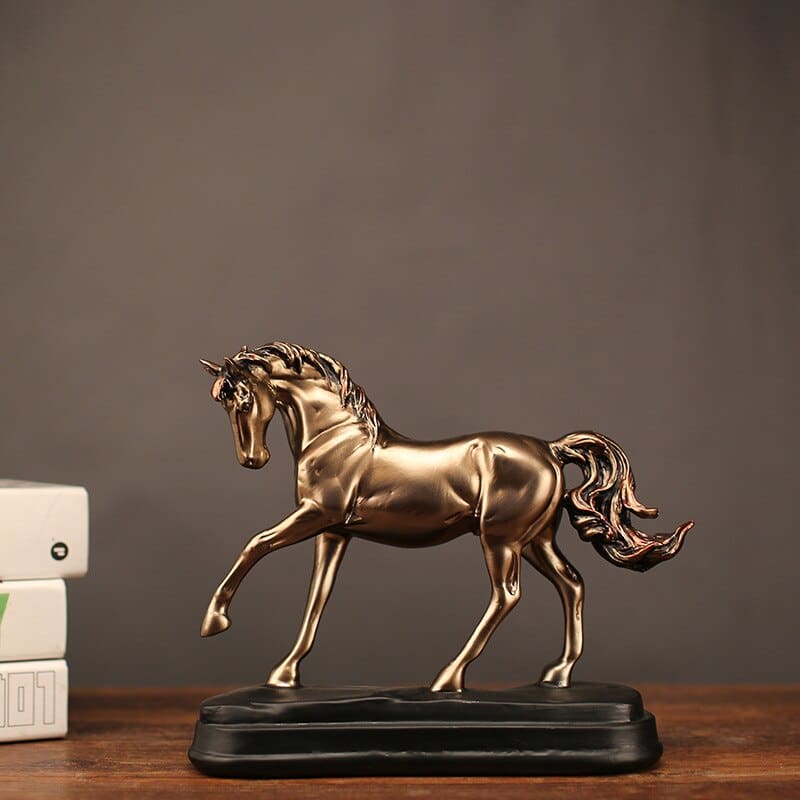
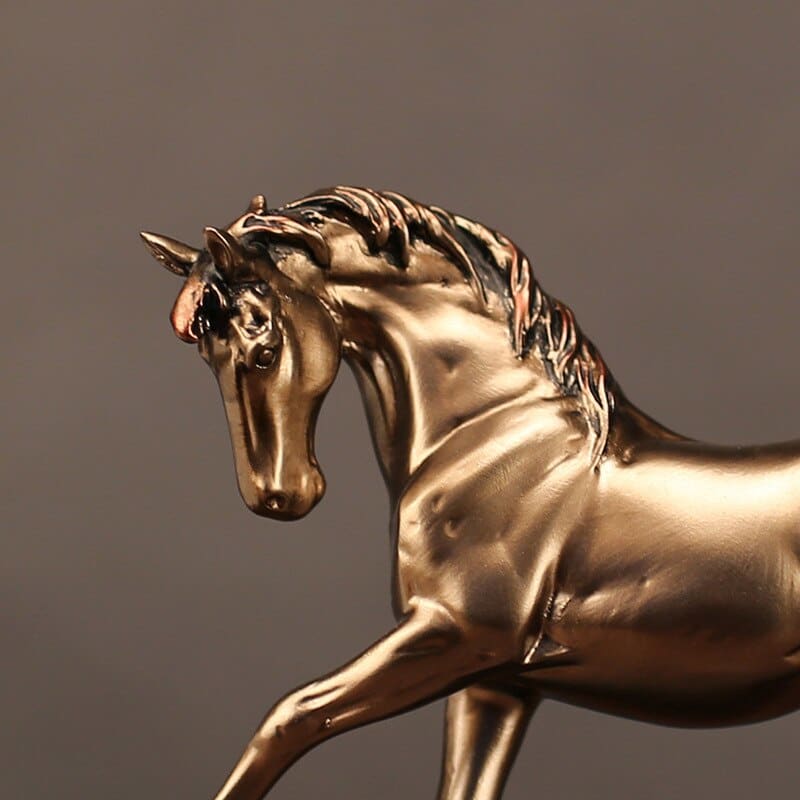
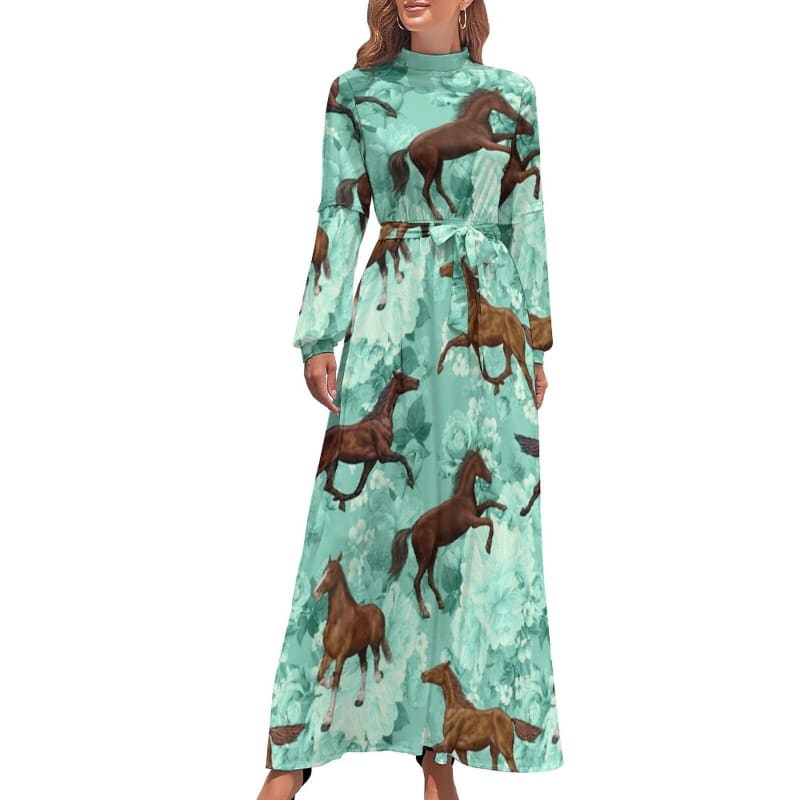
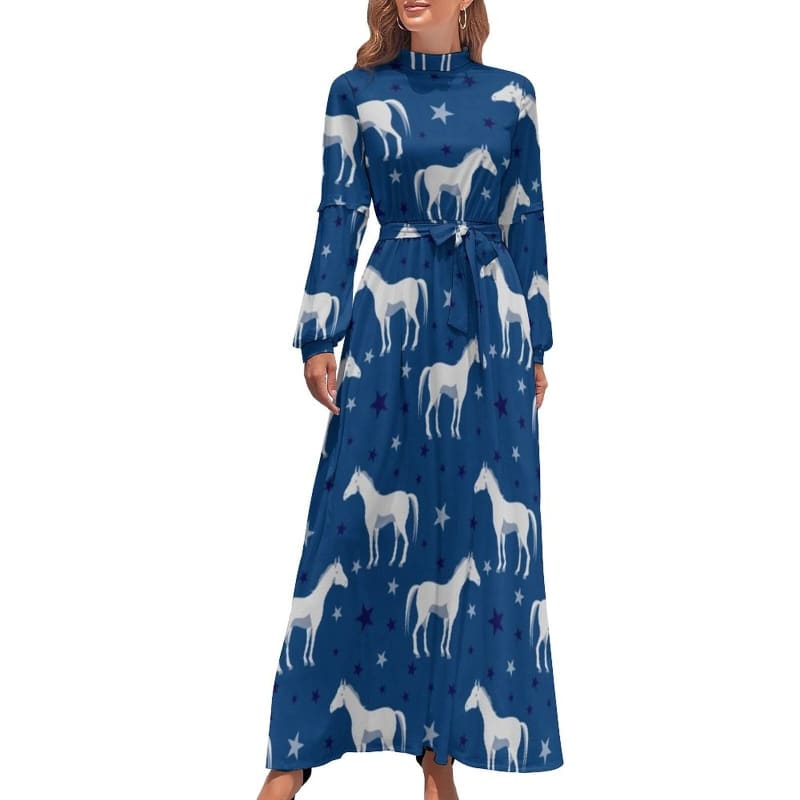
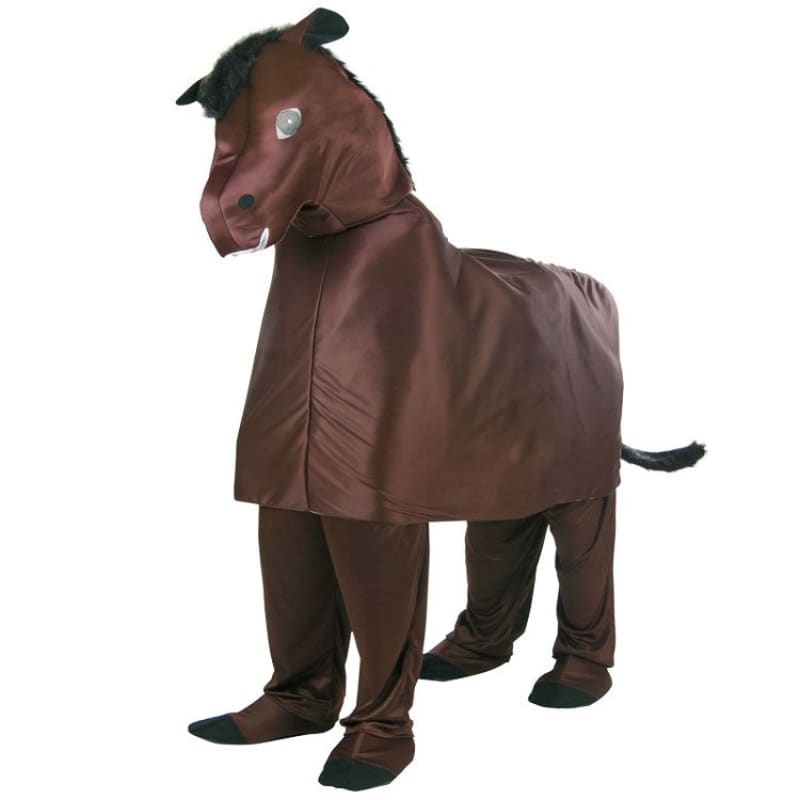
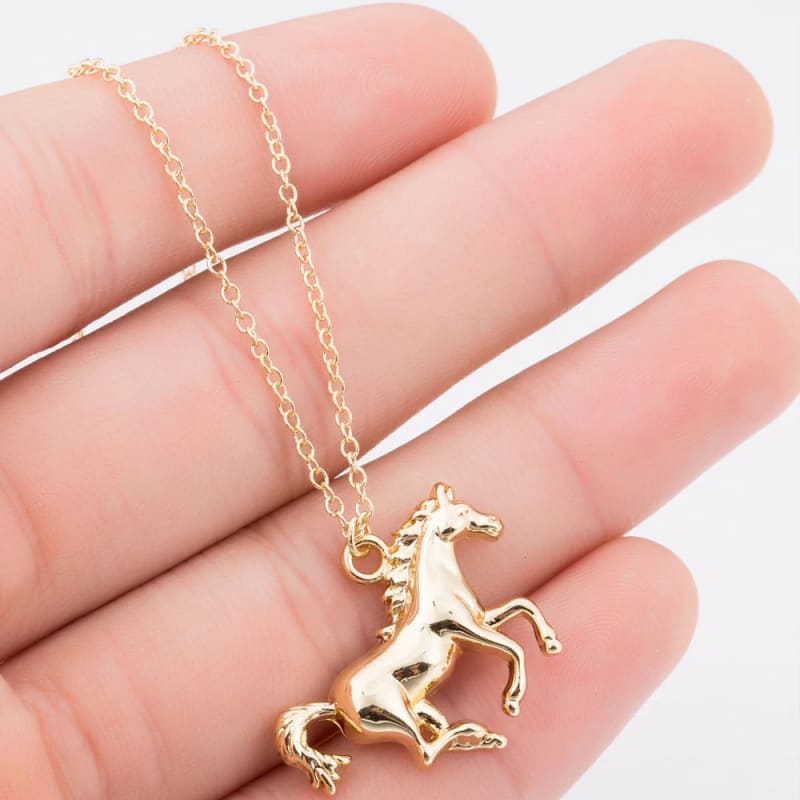
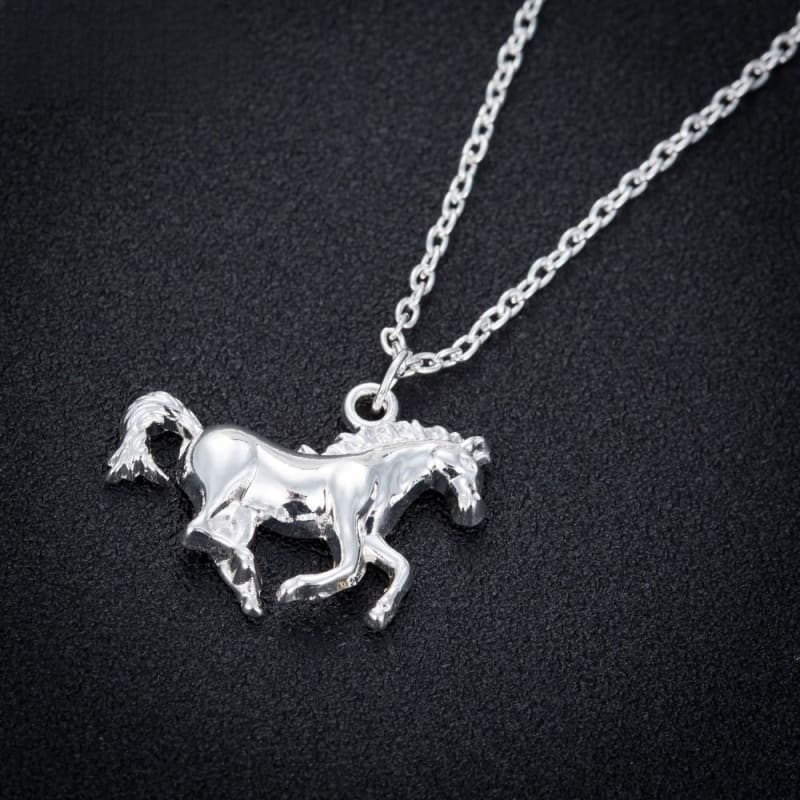
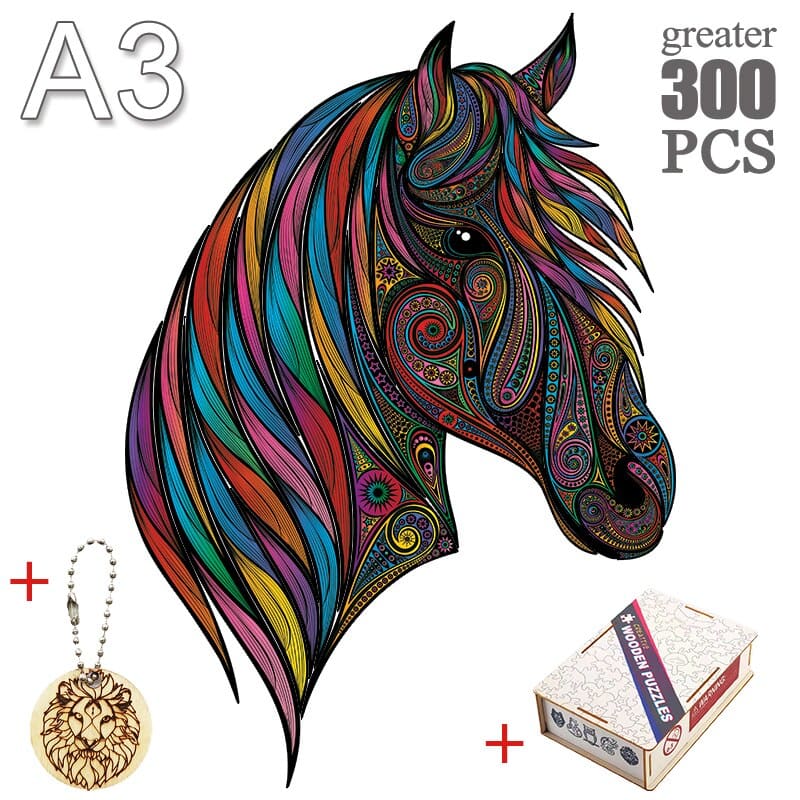

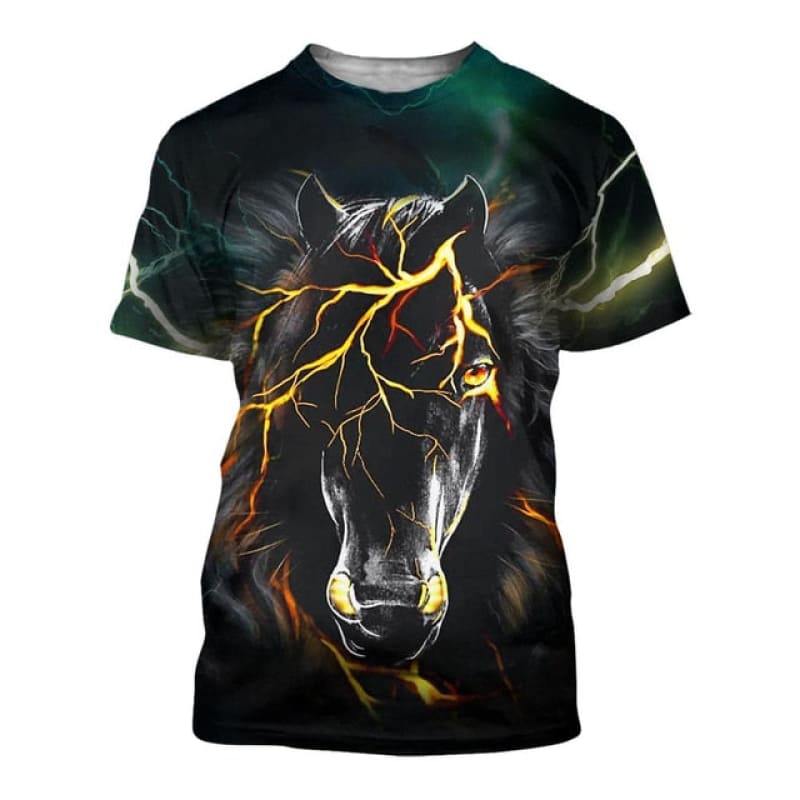
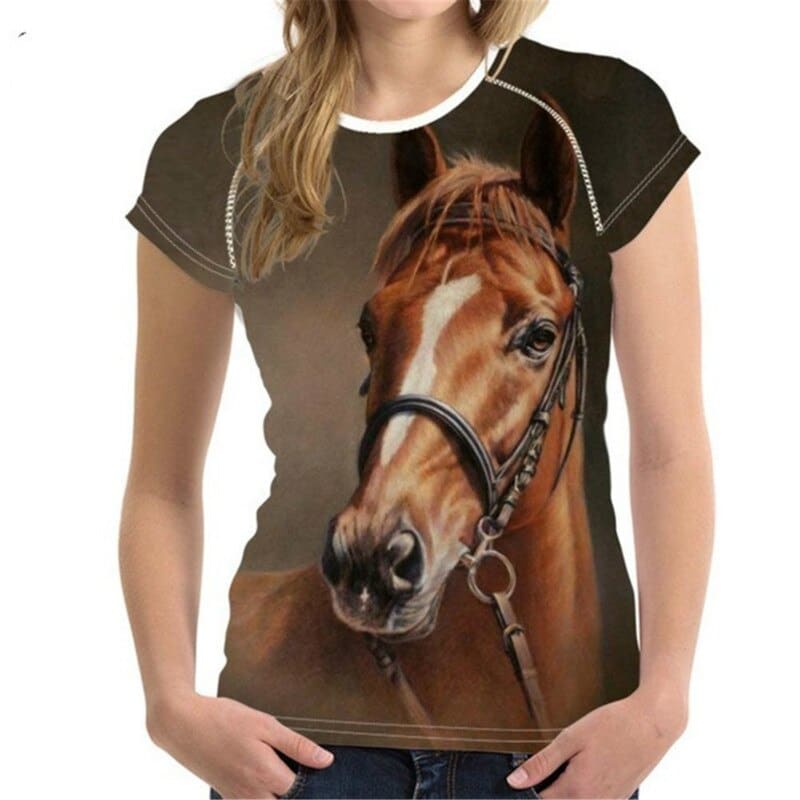
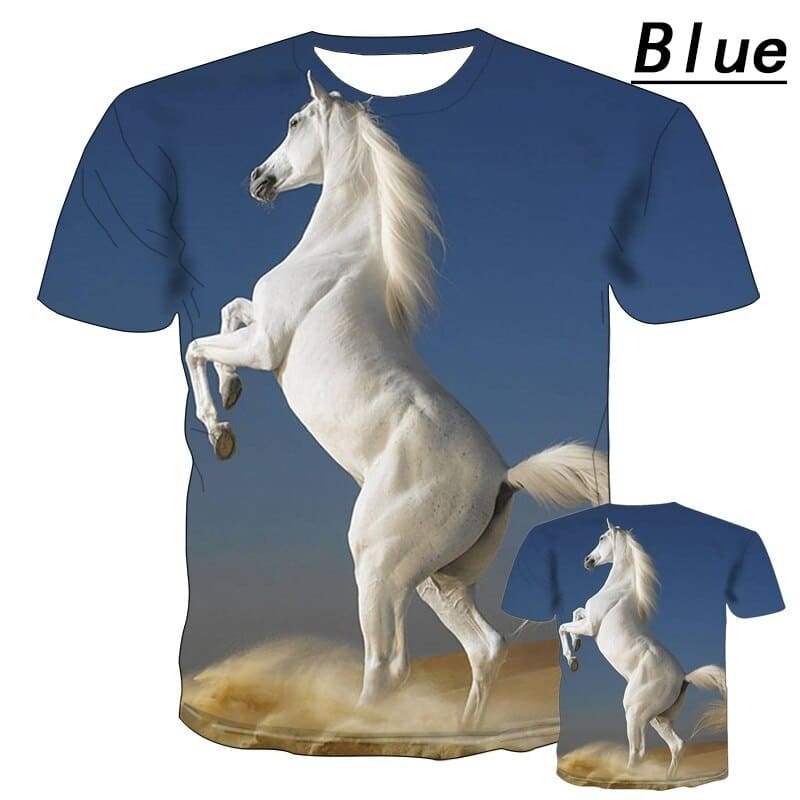

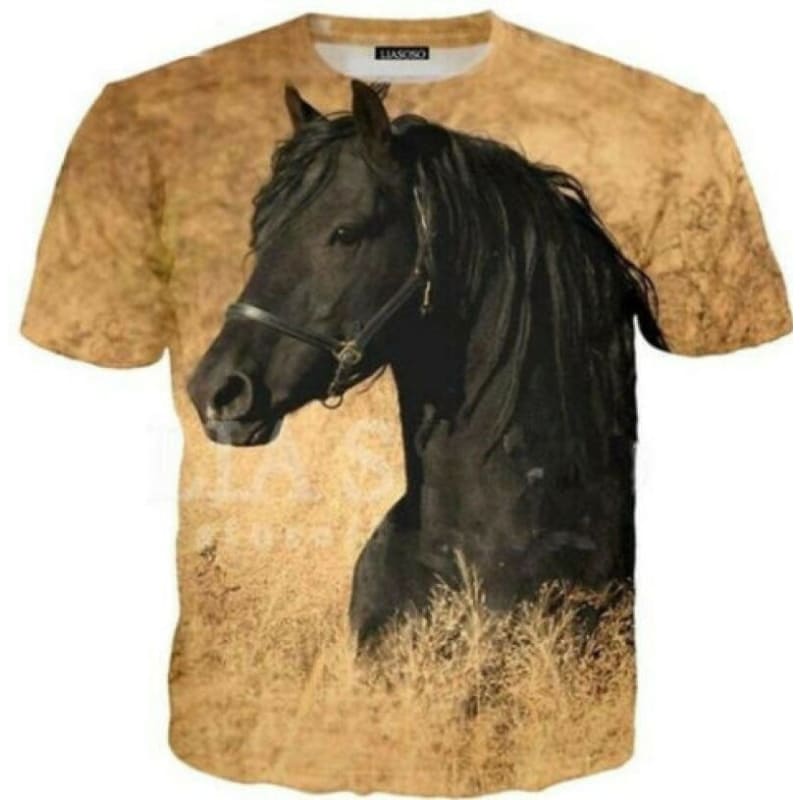
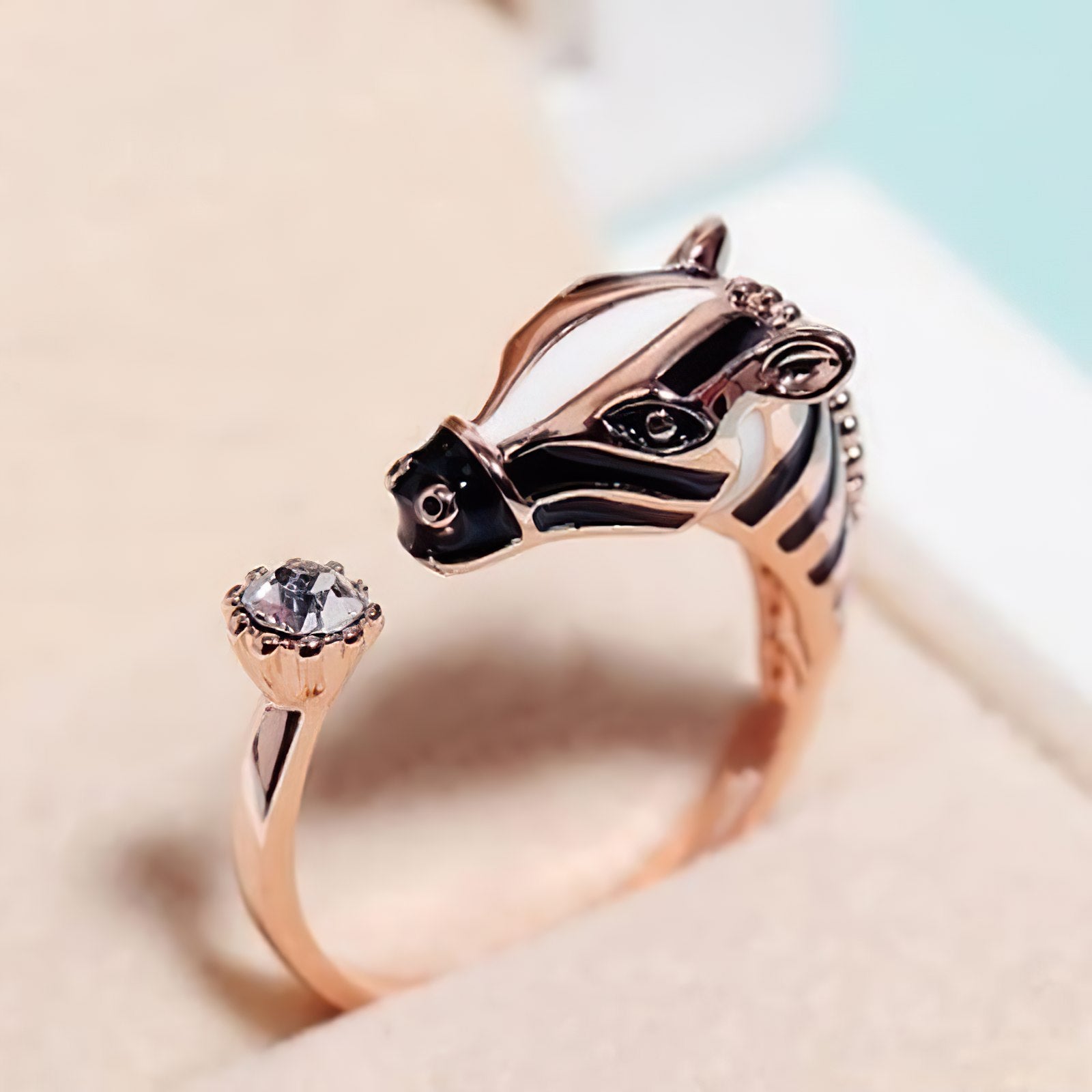


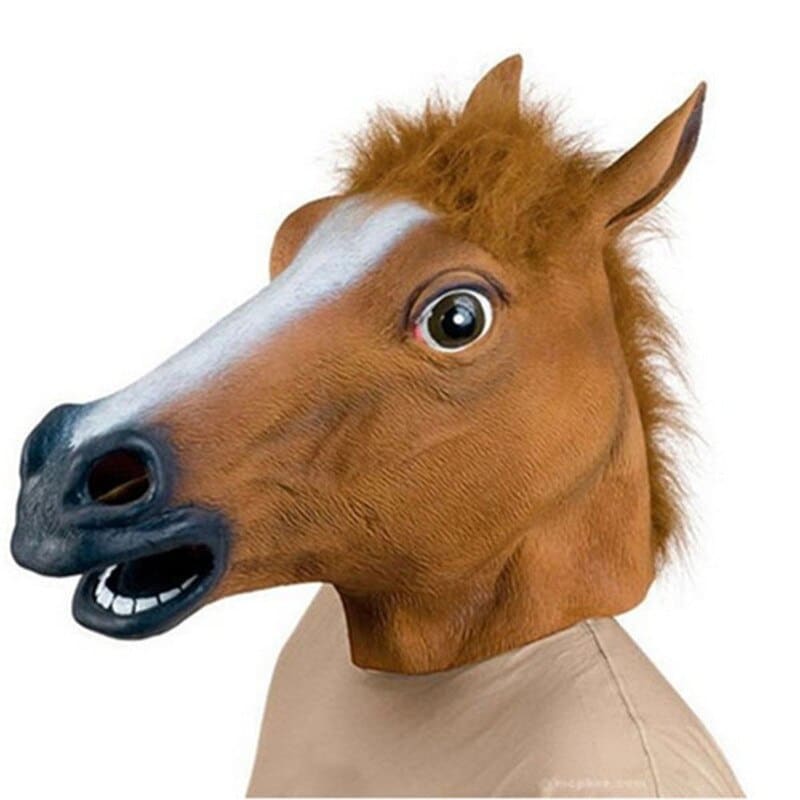
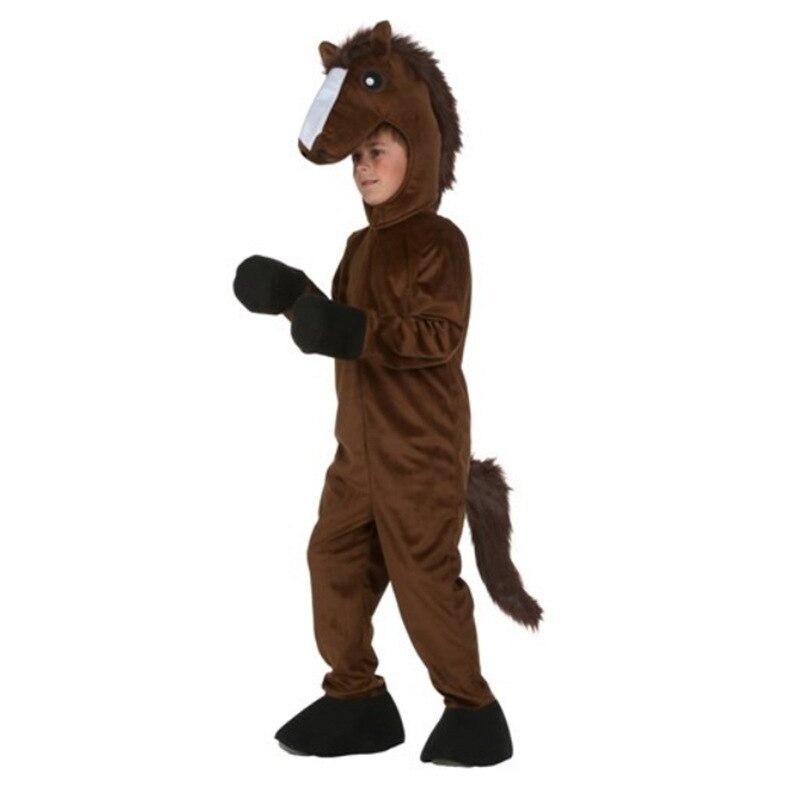
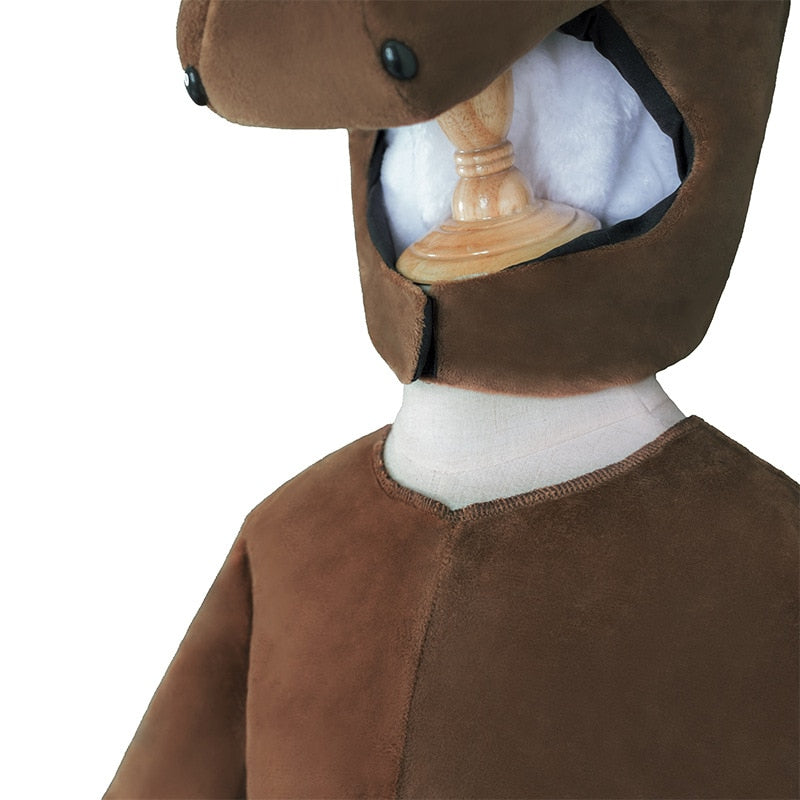
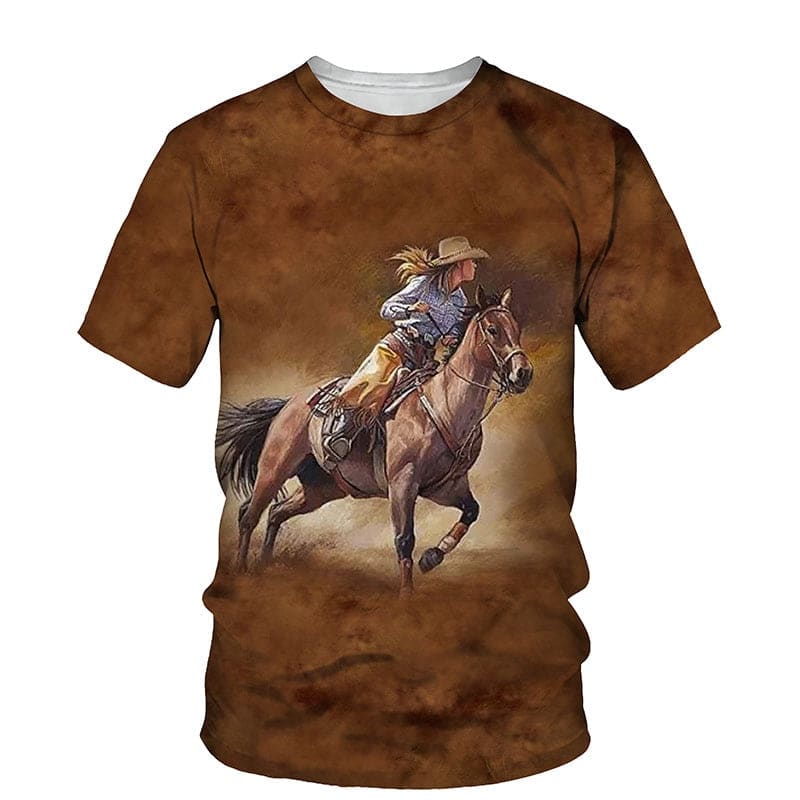





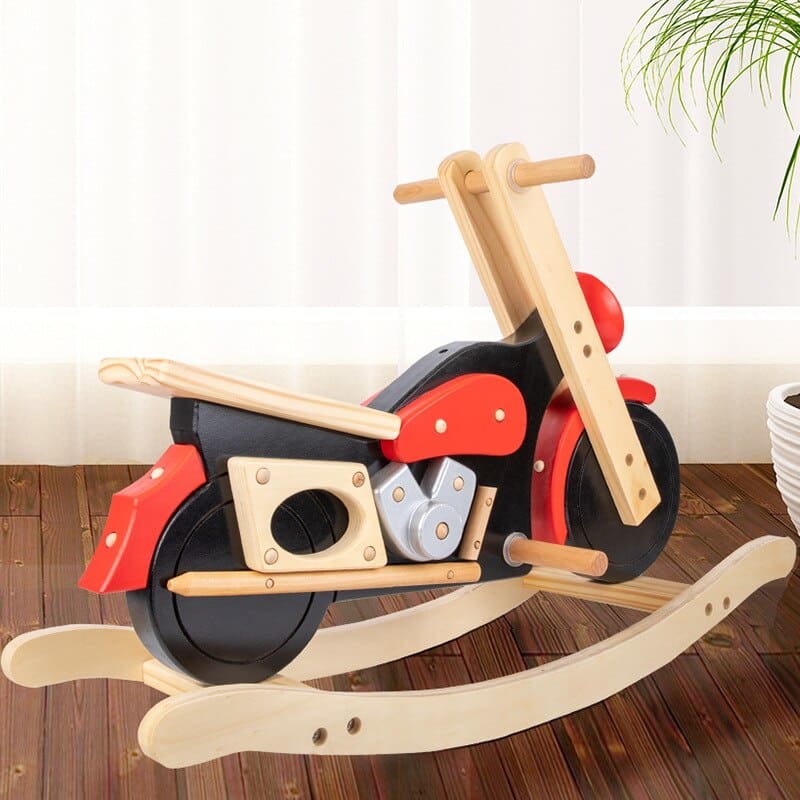

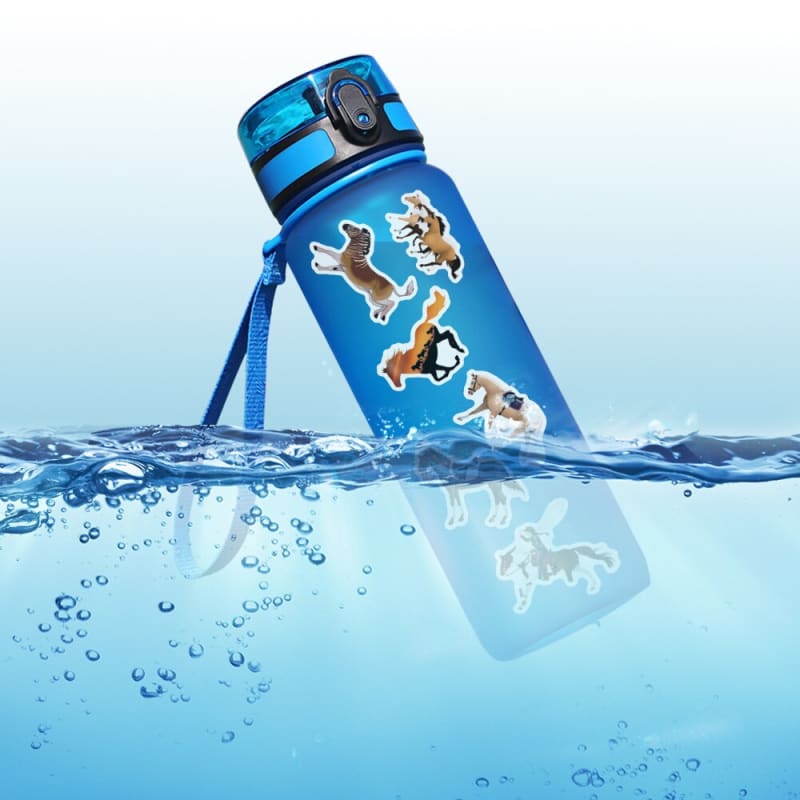
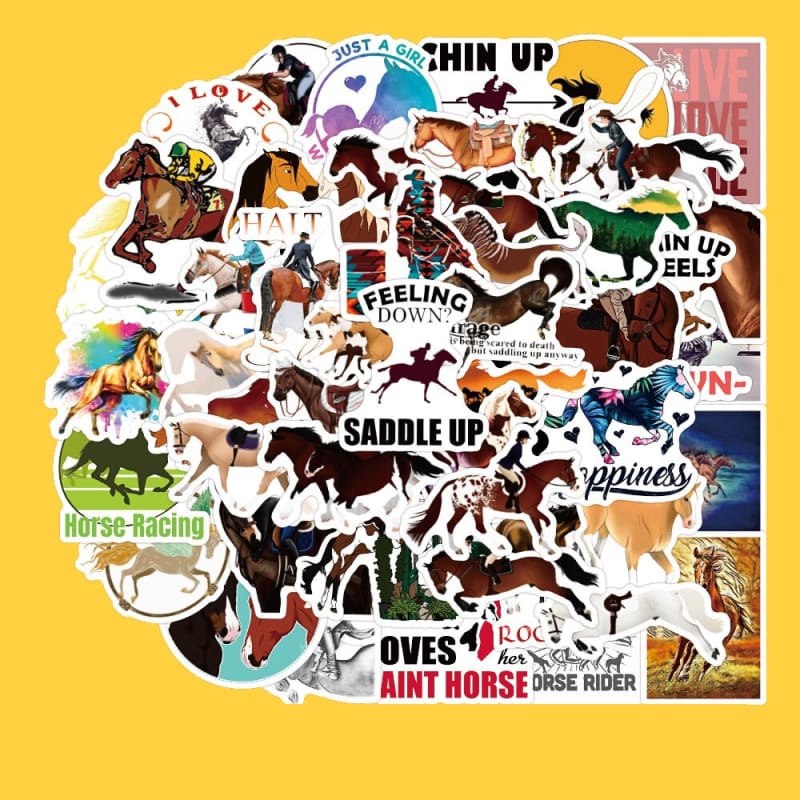


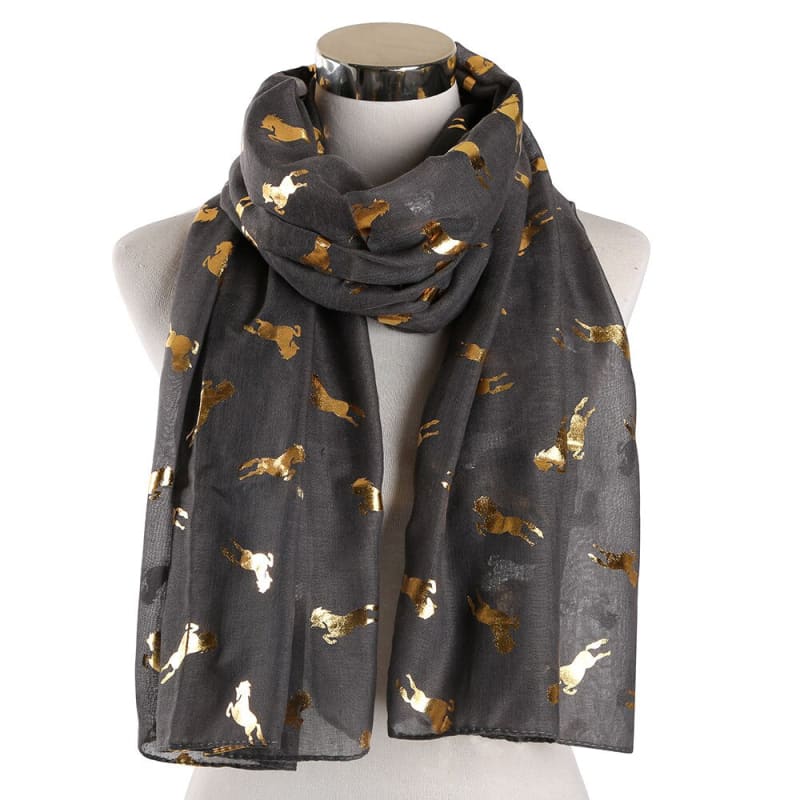
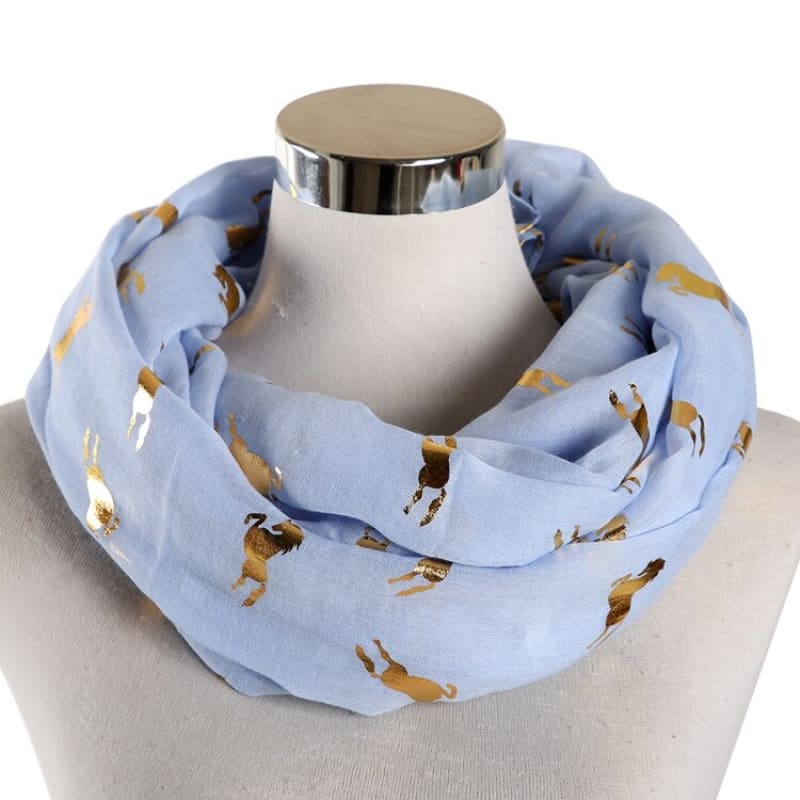
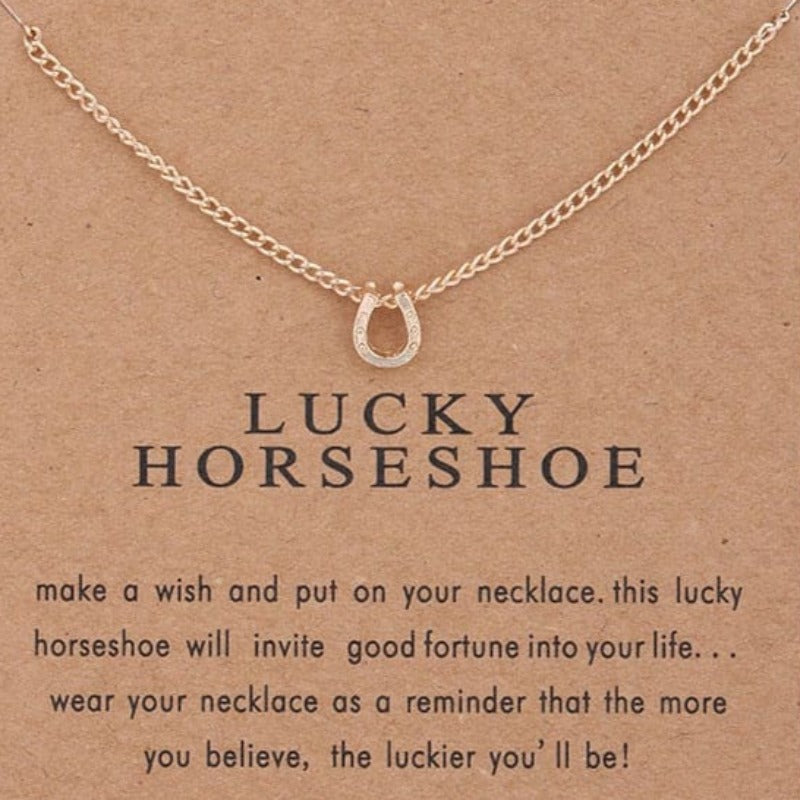
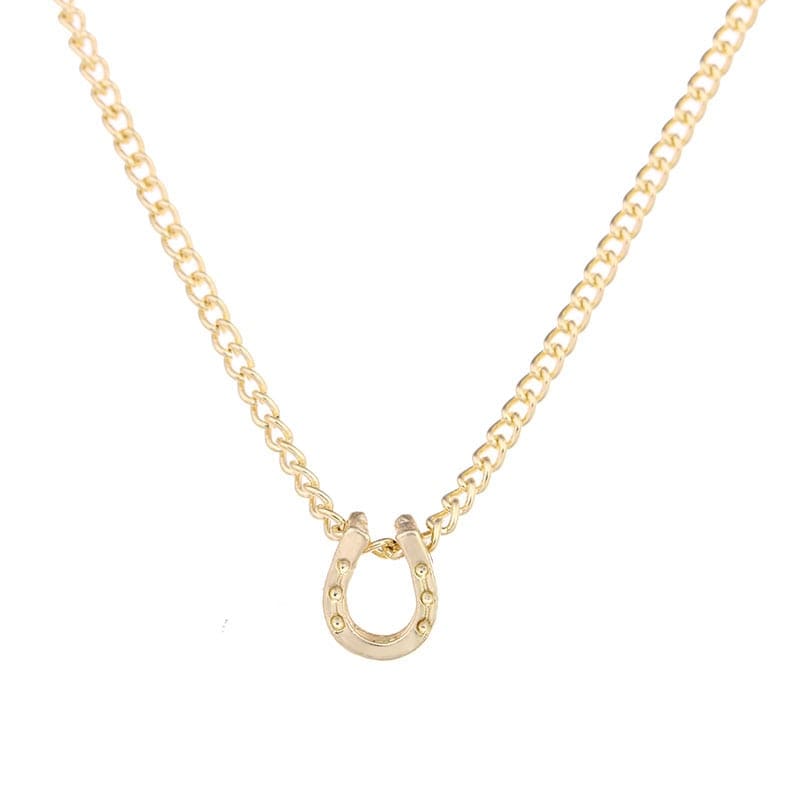
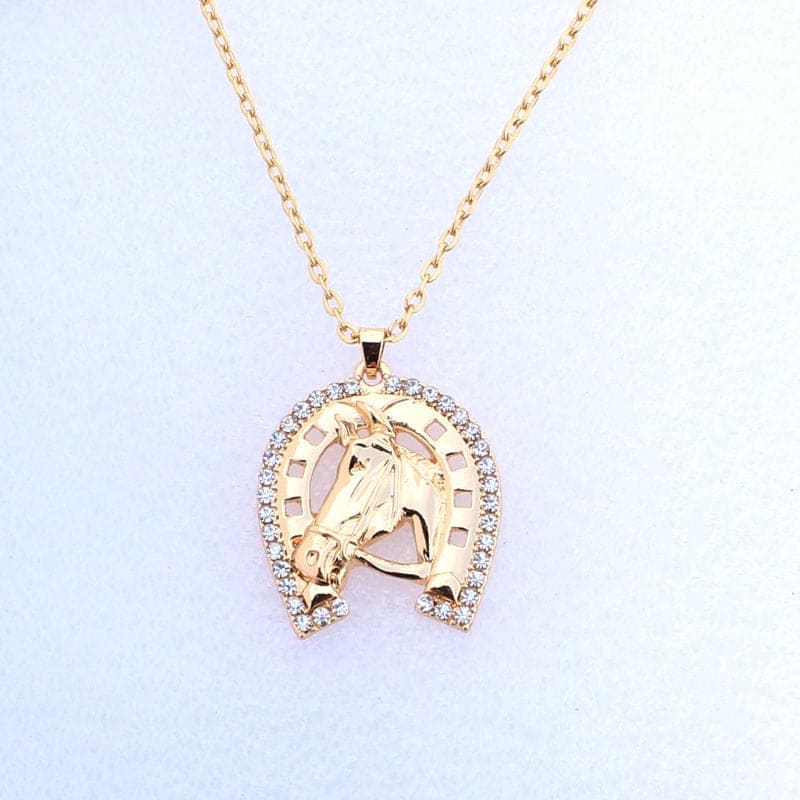
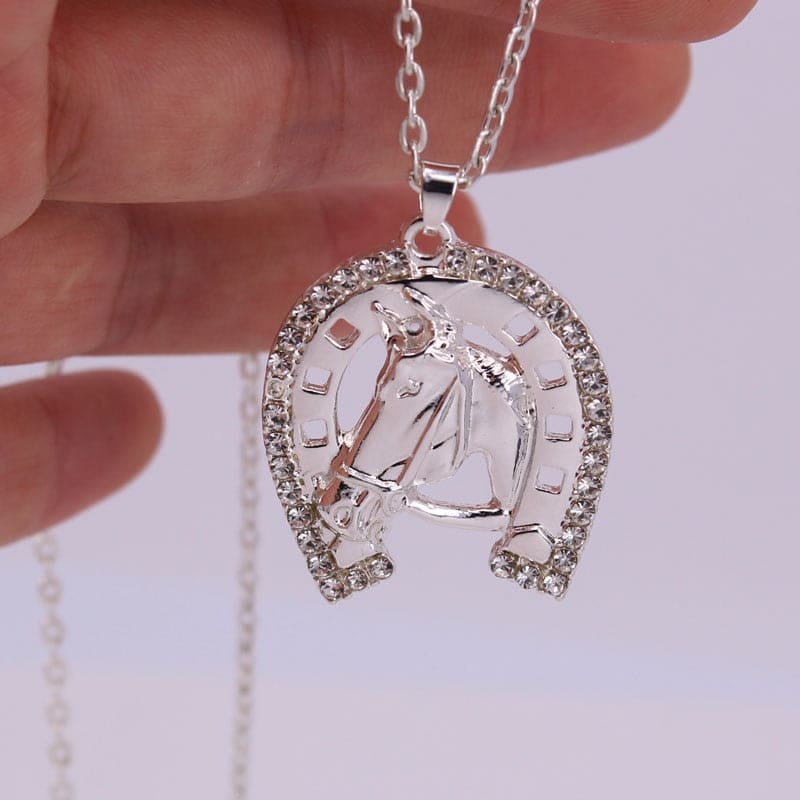
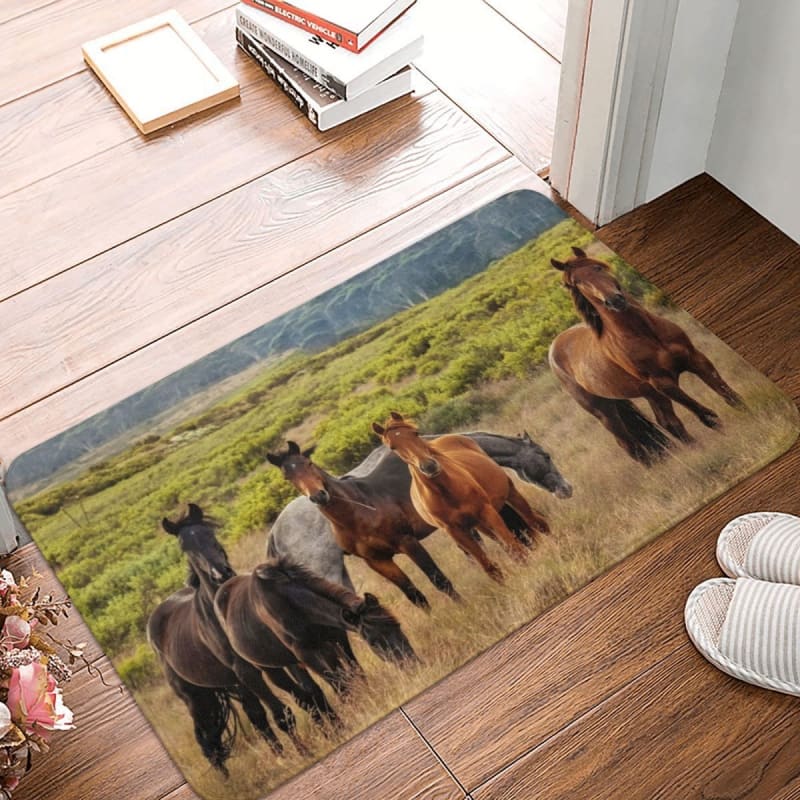





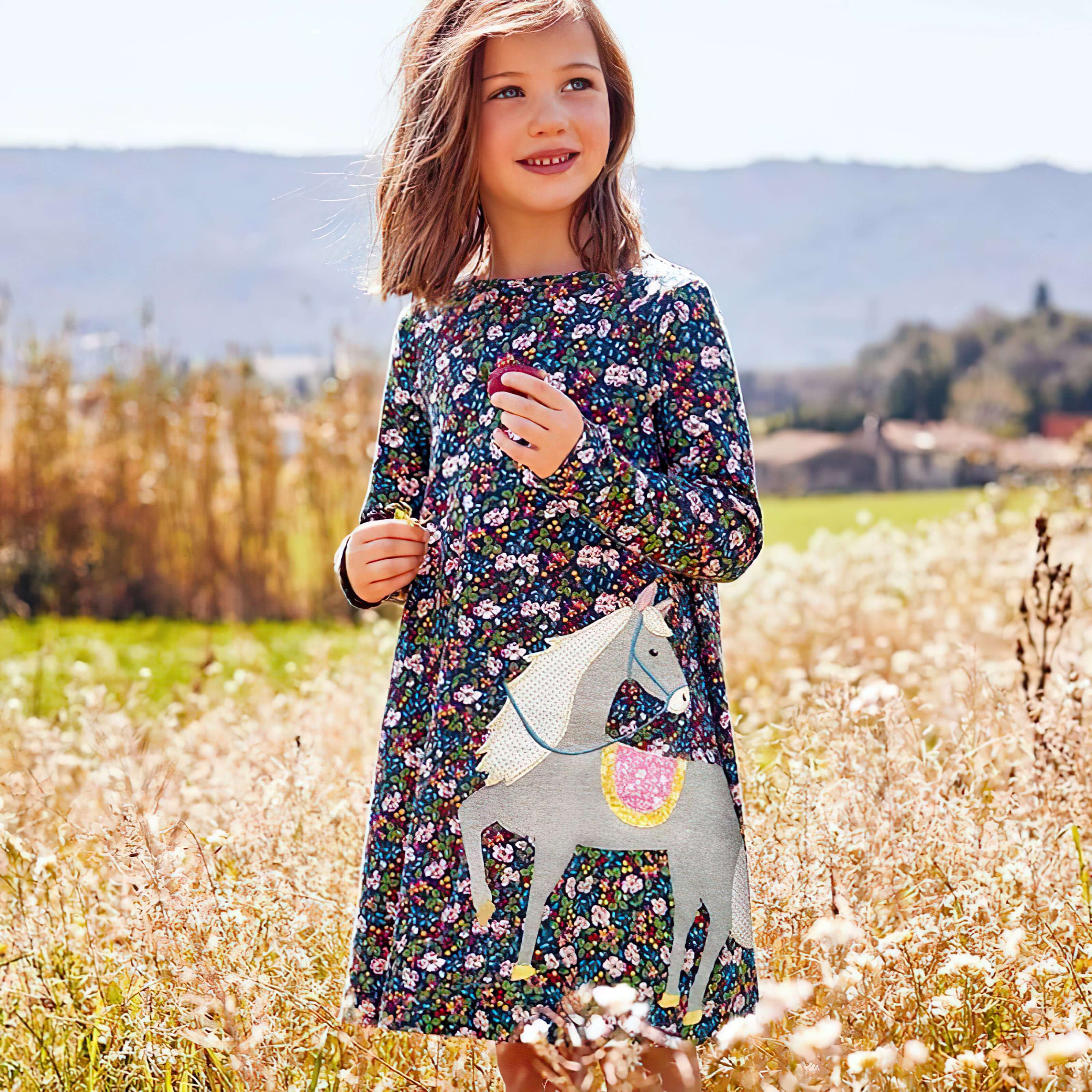
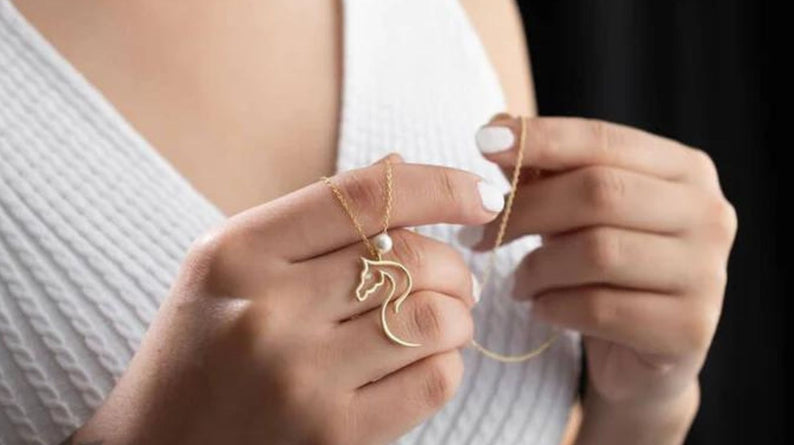
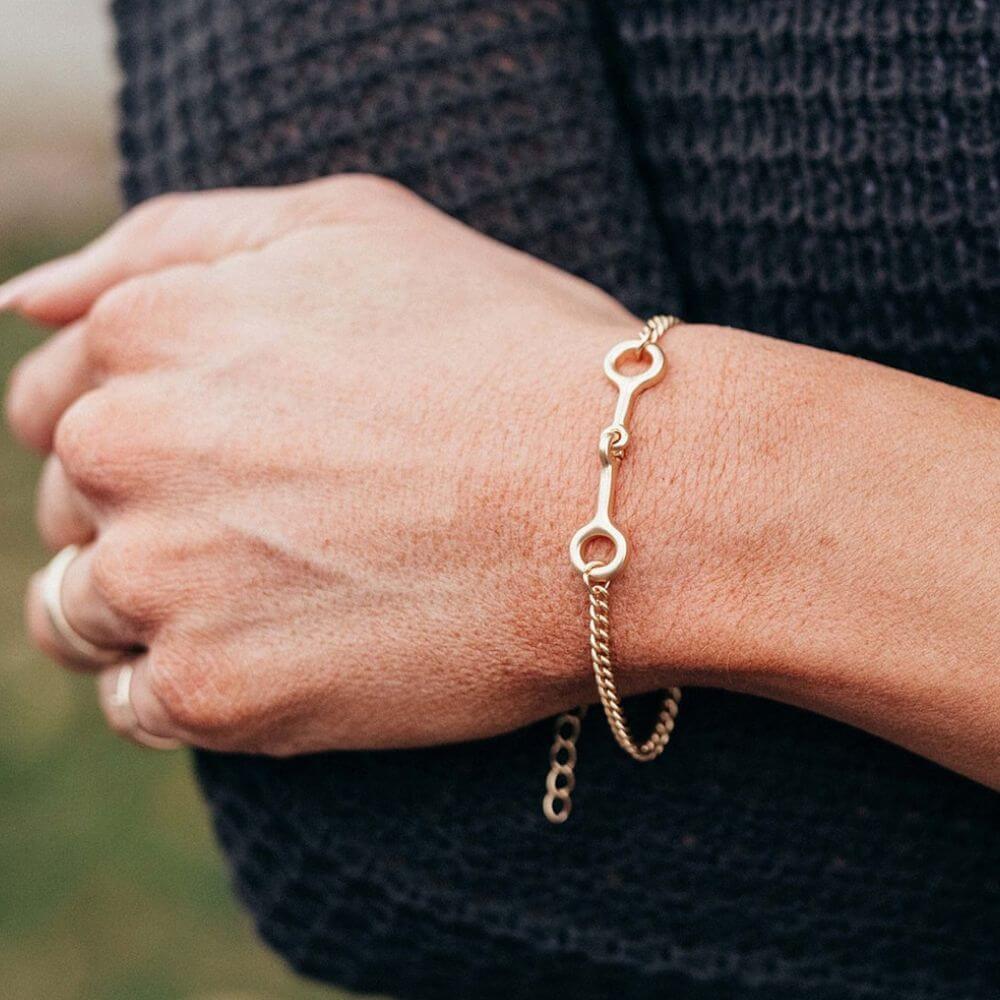

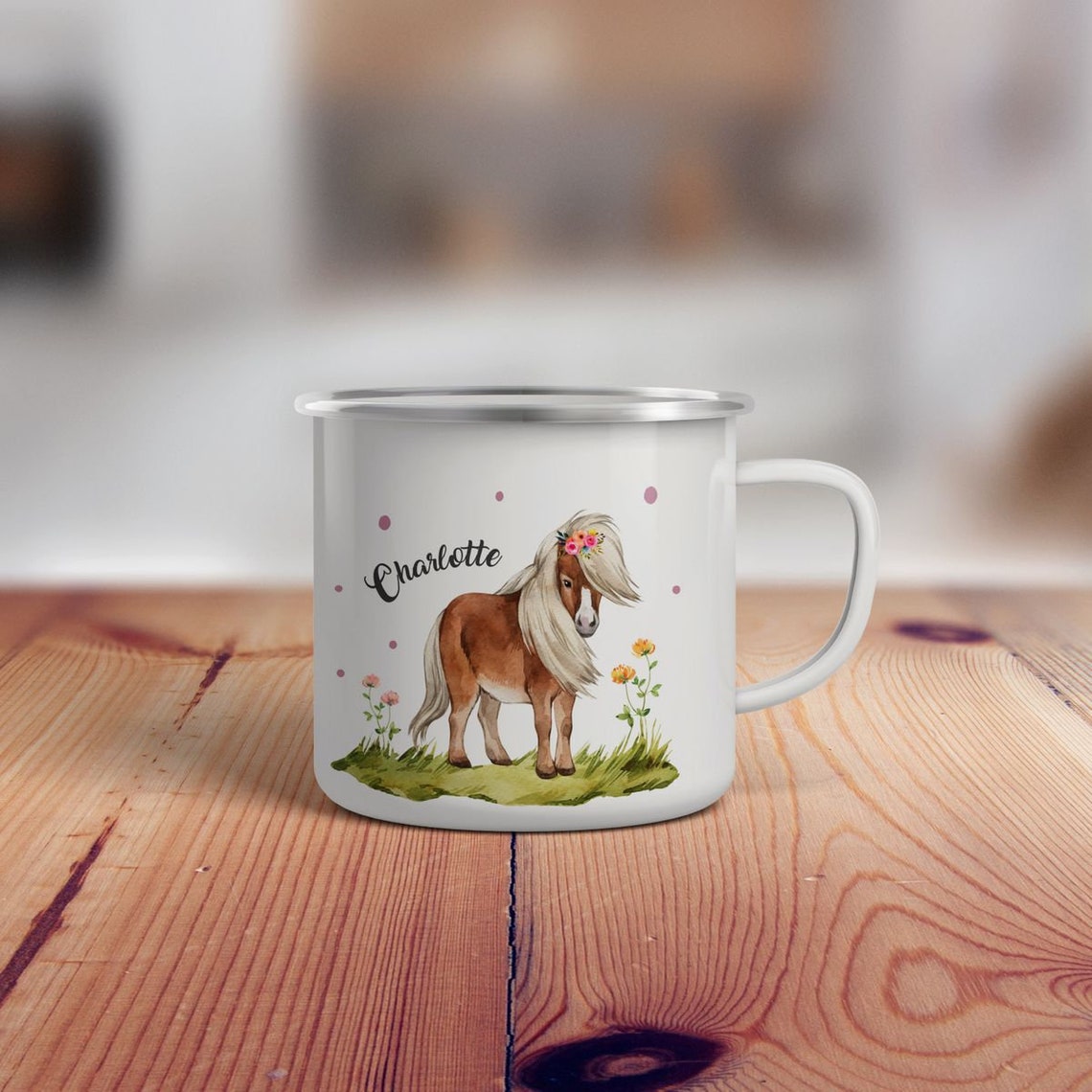
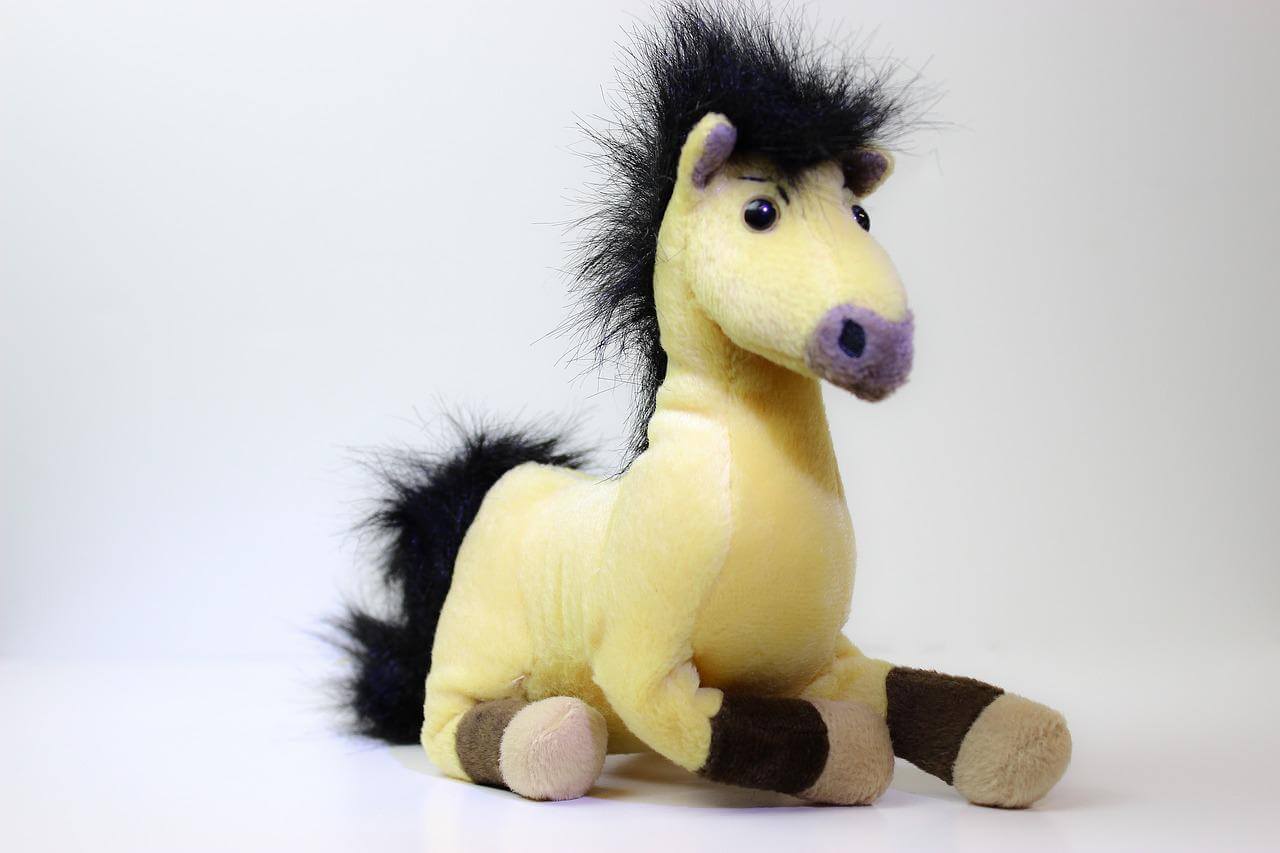
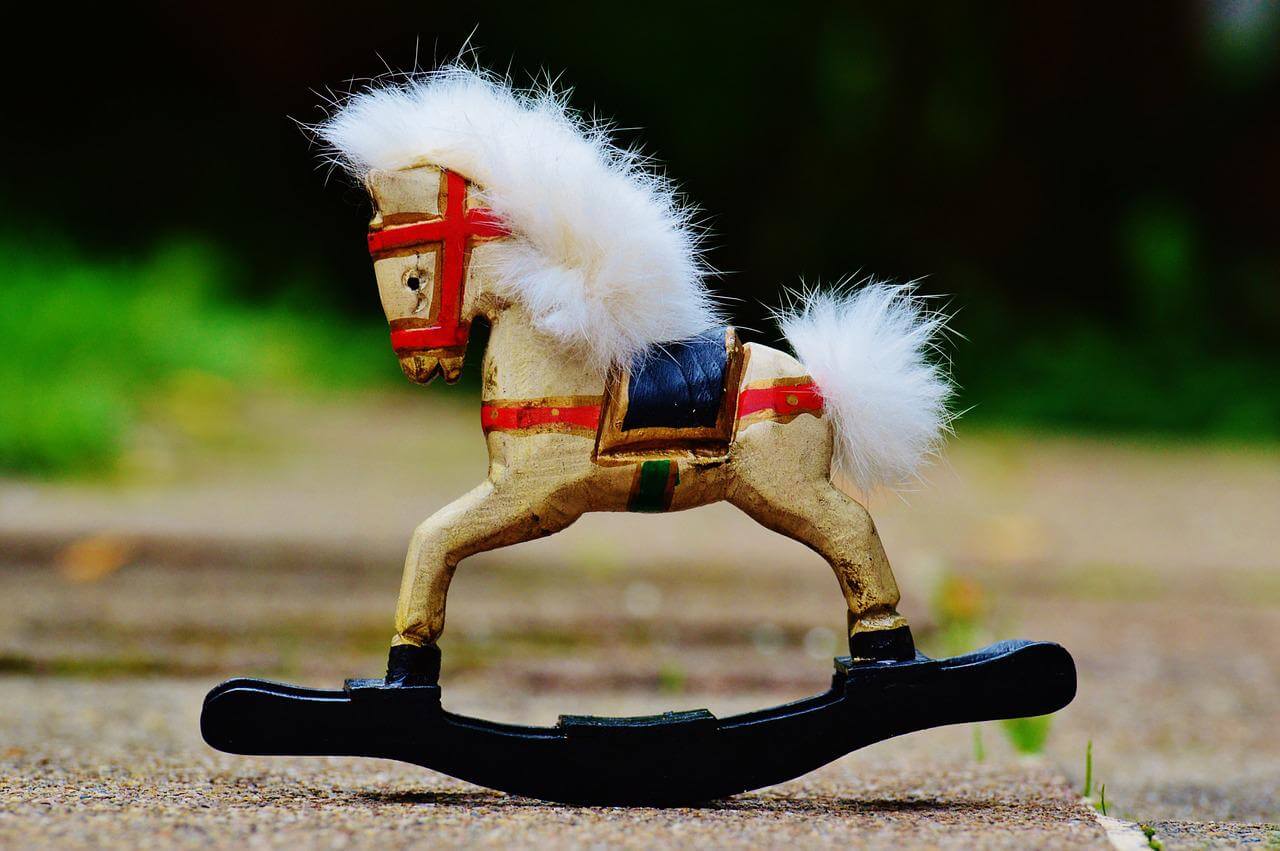
Leave a comment
All comments are moderated before being published.
This site is protected by reCAPTCHA and the Google Privacy Policy and Terms of Service apply.